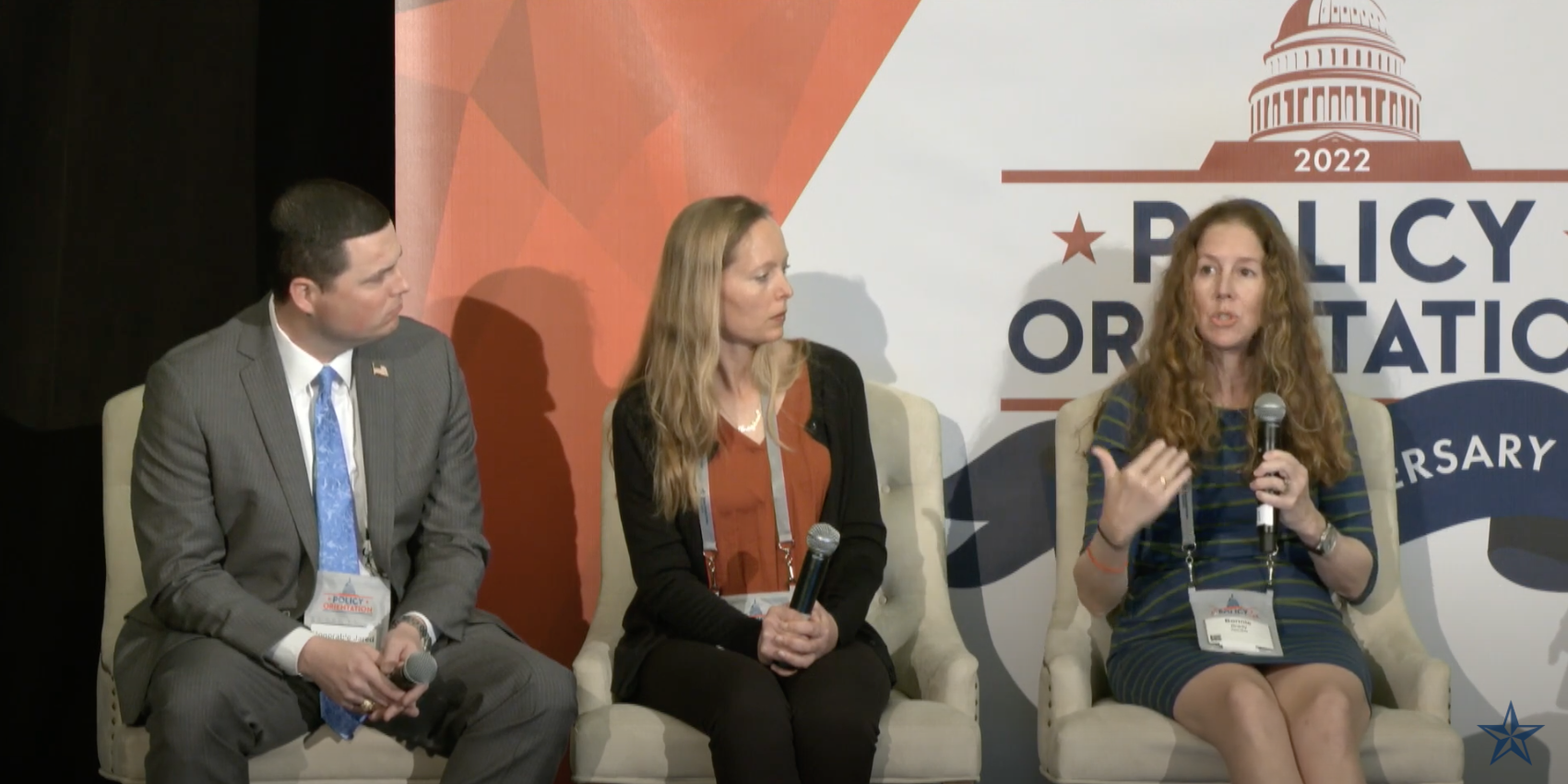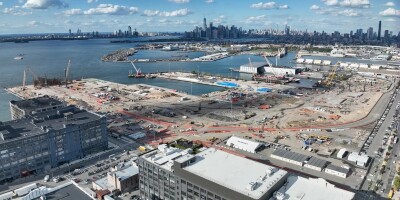Advocates for the East Coast fishing industry sat down with free-market critics of wind power for a panel in Austin, Texas, where a conservative legal foundation has taken the fishermen’s fight to federal court.
Hosted by the Texas Public Policy Foundation, the discussion featured Meghan Lapp, fisheries liaison for Seafreeze Ltd. and Seafreeze Shoreside, Narragansett, R.I., and Bonnie Brady, executive director of the Long Island Commercial Fishing Association.
“There’s basically been wholesale sellout by the federal government of our fishing grounds,” said Lapp. “We’re talking about the whole East Coast…and the obliteration of fishing on the East Coast.”
Lapp put her legal background to use in years of reading government documents and putting formal comments into the Bureau of Ocean Energy Management and other federal agencies involved in offshore wind planning.
“I write every single comment letter like we’re going to sue, to establish that on the record, and I knew that’s where we were going to get with these projects,” said Lapp.
She knew then it could go all the way to the Supreme Court, but that the fishing industry could not do that on its own without more legal firepower, Lapp recalled. That led her to the Texas Public Policy Foundation, after reading how the group had brough a case on the Affordable Care Act to the high court.
Lapp sent an email to the foundation asking if they would be interested in taking on an offshore wind challenge. The group came back with an offer to represent fishermen pro bono, and filed a lawsuit in Washington D.C. Dec. 15 challenging BOEM and other agencies on the approval for the 800-megawatt Vineyard Wind project off southern New England.
“It’s been a lifesaver,” said Lapp. “We don’t have the resources to do that.”
Among its causes of conservative and libertarian bent, the TPPF pushes back on issues of government action on climate change and renewable energy, common cause with legacy energy and fossil fuel companies among its donors.
Sharing the stage at the Jan. 20 event was Republican Texas state Rep. Jared Patterson, who works as director of energy services at Rapid Power Management, a retail electric brokerage firm in Carrollton, Texas. Patterson portrayed onshore wind power as a burden on consumers and taxpayers.
“We have had a proliferation of wind power” in west Texas due to government renewable energy subsidies over “traditional sources of power,” said Patterson. With the advantage that federal tax credits have given wind developers, “people are not investing in dispatchable generation,” he said.
Patterson called wind power “the largest infrastructure mistake in the history of our state…destroying the fabric of our grid.”
For fishermen, wind developments pose that threat to the seascape they depend on, said Lapp.
“Once they put crap on the ocean floor (turbine foundations and rock armoring) we can’t tow there,” said Lapp. Some indication of that long-term effect has been in suggestions that turbine bases will in effect become artificial reefs, she added.
Those areas will be effectively denied to trawl fishermen, said Lapp.
“Trying to manage that kind of gear between a wind farm would be similar to if you had a VW Beetle and were towing a hot-air balloon behind you through the windy city of New York, and you had to go around these blocks but the balloon can’t hit a building,” said Lapp. “And if you hit a building, you could flip your car and die.”





